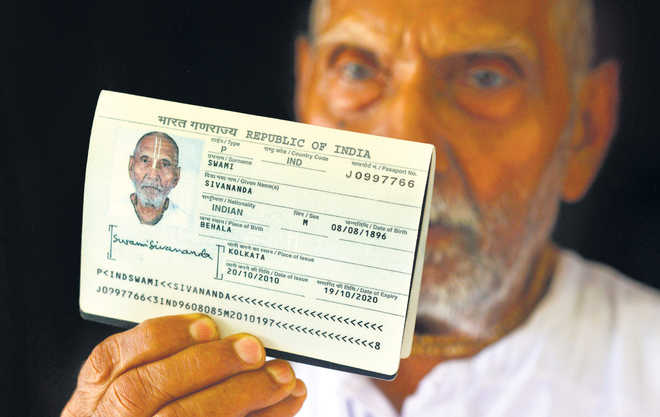
Shreenath A Khemka
Shreenath A Khemka
King's Law Scholar, University of Cambridge
THE government's latest announcement to bring in changes to the physical form of the passport has invited public scrutiny. Among the various changes being effected, two stand out prominently: the removal of the last page, and the colour-coding to differentiate ECR (emigration check required) status. While these can be contested as running afoul of Article 14's non-discrimination mandate, they do point toward a familiar policy structure.
UN standards
A passport or Machine-Readable Travel Document (MRTD) is a universalised travel document created for the specific purpose of identifying the individual to her nationality. The latest international standards are laid down by the United Nation's ICAO in its Seventh Edition of 2015. In the 'Visual Inspection Zone' (the contents that passports must carry), only certain attributes have been mandated: namely, the issuing authority, nationality, name, age, place of birth, sex, along with a photograph and valid signatures (or thumbprint). All these details are found on the first page.
Conversely, the framework does not ask for the details of the address, name of parents and spouse, details of previous passports, thereby, making the current last page of the Indian passport redundant. The decision to get rid of the last page positively addresses concerns of citizens who do not wish to be identified by the names of their parents, especially in cases of children of rape victims, for whom the identification of the name of the father hits at personal dignity. Such was also the plea before the Supreme Court a few years back, which was turned down.
The second change in terms of introducing a new 'orange' coloured passport has proven to be irksome for many, and rightly so. The Indian Bureau of Immigration delineates domestic passports which are neither diplomatic (red) nor official (white) into two categories: of emigration-check required, and not. The domestic categorisation is a measure to protect vulnerable immigrants from exploitation abroad, especially seen in the Gulf countries. Such stamping or indication happens at the last page of the Indian passport as 'ECR'. However, with the removal of the last page, it becomes impossible to place such a stamping anywhere else. The ICAO prescribes a strict layout for the front page, which does not enable the government to mark the ECR status.
The solution to the same is the change in the colour of the jacket from blue to orange. This has been seen by many as discriminatory. Internationally, the colour of the passport has depended only on three categories: diplomatic, official, and general, depending on the purpose for travel as private or public. The government's move to carve a new category is dysfunctional as it seeks to distinguish travelers on socio-economic basis, rather than their status as diplomatic protectees.
The other pressing issue amiss in the public sphere is that the new changes only go on to fortify the Aadhaar as a universal identity proof. Very few documents serve as residence proof. Except for the Aadhaar, the driving license, the voter ID, and the passport serve this purpose. The removal of the last page of the passport would make it incapable of serving as a residence proof. With both the driving licence and voter ID issuable only to majors, the Aadhaar becomes the sole residence identification for minors.
The mandatory Aadhaar enrolment, the interlinking of Aadhaar to PAN, to banks, to mobile numbers, to ration card, to LPG connections; all are deliberate attempts by the State to subsume the Aadhaar as the singular identification mechanism. With the latest move to alter the passport, the case for dependency on Aadhaar is only strengthened. As the Supreme Court hears the Aadhaar matter, the clock is running out. Much like the challenge to demonetisation, it is now feared that the judicial pronouncement will become infructuous if the new policy takes full hold. Indeed, justice delayed is justice denied.
International norm
Internationally, the colour of the passport has depended only on three categories: diplomatic, official, and general, depending on the purpose for travel as private or public. The government's move to carve a new category of orange coloured passports is dysfunctional as it seeks to distinguish travelers on socio-economic basis, rather than their status as diplomatic protectees.



























